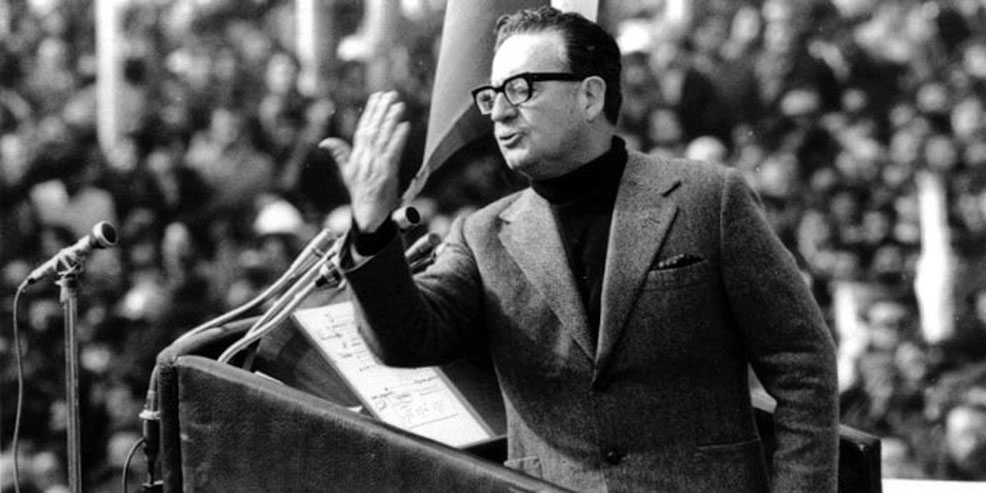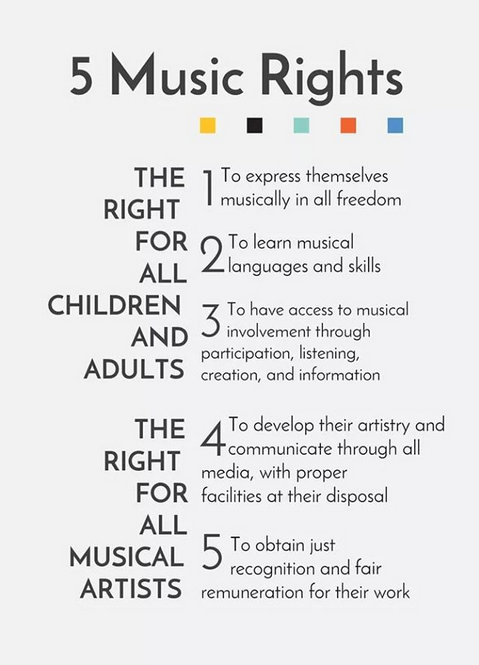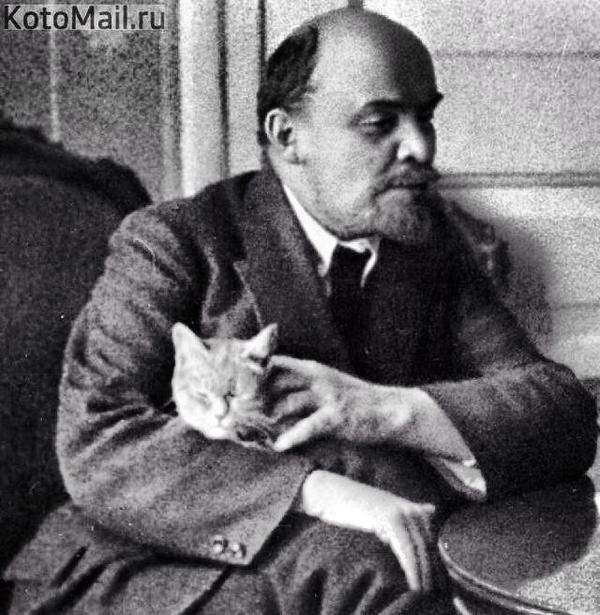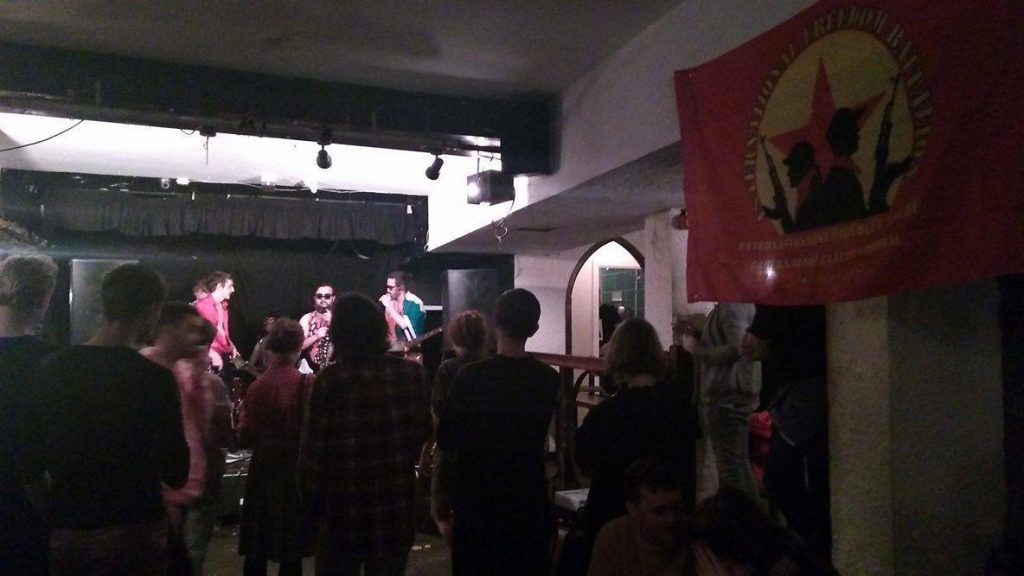AH, Baile Átha Cliath.
I have recently moved from Cork to Dublin and it’s been an intriguing experience, mostly because growing up in Cork I knew little to nothing about the history of inner city Dublin or the working-class suburbs that communities were moved to after the inner-city clearances. In Dublin City Centre or Cork City Centre, there many schools, music venues and recreational activities, but the suburbs of the city, such as Crumlin, were thrown out into the middle of nowhere, with little to no amenities. Crumlin was developed in the 1930s and Tallaght came in the second wave of social housing projects that started in the 1970s, but little to no effort was put into providing amenities when these suburb projects were built.
This musical project exists as a community led response to the endless cuts that are imposed on the Crumlin community. Be it health services or youth services, transport services. That’s only in the last ten years, austerity measures can be traced back to every government Once Fianna Fáil, Fine Gael and Labour set the course for cuts — it’s an open playing field and the arts and music community is equally targeted. The net result of these cuts is that communities regularly take it upon themselves to provide services. We see examples of this in Knocknaheeny, Cork, and also in Crumlin. Many more examples can be provided, but for the purpose of this article, the focus will be on St. Agnes Community Centre.

It was of great interest to me to discover one project called “St. Agnes Community Centre for Music and Arts”. Since its foundation on November 7th, 2012, the group has developed concerts, lessons and events for the people of the area. The project was begun by the local community in Crumlin who wanted to start teaching children music who could not access it privately. At €5 a lesson, they have gone from teaching piano, bodhran, guitar, tin whistle and music theory to establishing their own orchestra.
The philosophical underpinning to this project is something that is quite revolutionary and unique. It sets out five key statements:

This project is revolutionary because it delivers something to the community that capitalism, and the Fine Gael-Fianna Fáil-Labour party-state isn’t able to provide. Irrespective of their socio-economic background, it gives the people of Crumlin an opportunity to express themselves in one of the fullest and most meaningful ways possible. There are many studies that conclude that learning music has health benefits for the development of your brain, be it as a child or as an adult. A five year study by the Brain and Creativity Institute (BCI) at the University of Southern California found that access to music accelerates brain development. (https://www.brighthorizons.com/family-resources/music-and-children-rhythm-meets-child-development)
parents.com lists out a series of things like improved academic skills, physical skills, social skills, discipline, patience and a boost of self-esteem as resulting from learning music. Besides scientific evidence, many societies throughout history have recognised music as one of the most important forms of expression of the human experience and its ability to elevate the human spirit and create inspiration in the worst moments in people’s lives. The question we should be asking is why are such projects so few and underfunded and what is the role of the state in facilitating music and access to music for all the people, not just the moneyed few?

These are principles that could only be delivered with public access to resources that a capitalist state could never provide us with. To provide these things, the state, an instrument of the capitalist class, would have to treat music as a right, as intrinsic to human development, as opposed to a commodity that can be bought and sold. In short, learning to play music shouldn’t be a privilege determined by your ability to pay, but an instrumental part of a person’s upbringing and worldview. Music as participation in society shouldn’t be a passive experience with culture served up readymade for massive profits, but something everyone is involved in and which is profoundly local and democratic.
These music principles are principles we should consider when thinking of art, drama and language in Irish society and the necessity to bolster our linguistic and cultural revival. This community initiative serves as the perfect example for us to feel inspired by and some day bring to every community in the country.
Many of us, myself included, are witness to this fantastic, organic organisation by our class and we should not only seek to support it, but wire it into the programmatic efforts of our unions and our parties. Music and the arts are cornerstones to the fullest expression of people and must not just co-exist as part of our struggle for Socialism, but be integral to the cultural revolution we seek to bring about. Think of some of the community projects in your area and how they serve a positive role for other people. The role of the Socialist state would be to support and nurture these projects, as opposed to the current method of complete financial abandonment.


